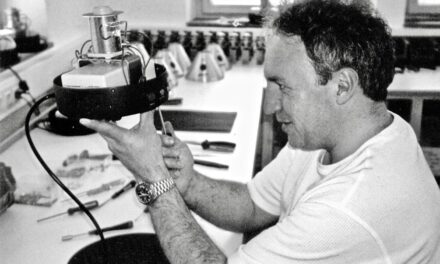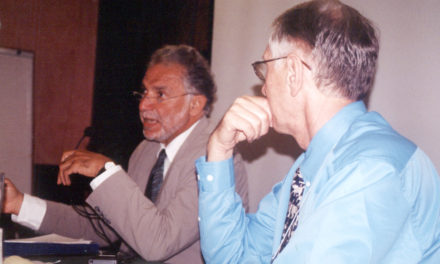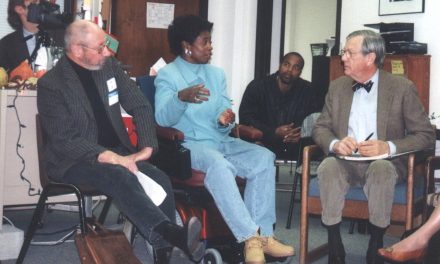The news about Jeffrey Epstein brought to mind the casual attitude towards a (less vile) child molester in the first season of ‘Weeds,” As noted in Summer 2007 issue of O’Shaughnessy:
…Equally perverse is a scene in which Andy Botwin, the younger brother of Nancy’s late husband, tricks the girlfriend of Silas, Nancy’s 16-year-old son, into a cybersex dialogue. Andy then convinces Silas that his behavior was acceptable. Nancy finds out but lets Andy continue to live in the house lest he reveal her source of income to the children. She would sooner tolerate a child molester under her roof than level with her family and/ or quit dealing pot. (Andy showed up unannounced one morning with gifts for everyone, including a vibrator for Nancy, his grieving sister-in-law, which he presented in front of the kids.)
Kevin Nealon plays a more likable pothead, Doug Wilson, Nancy’s accountant. He advises her to set up a legitimate small business as a front, and she opens a bakery. We don’t see her finding the location, buying fixtures, dealing with contractors or vendors or any of that mundane stuff. Although Nancy has no experience or affinity for baking, and is supposedly broke (her home phone gets cut off at one point), her place of business somehow materializes…
Despite its disrespectful attitude towards the medical marijuana movement, activists and rank-and-file users generally love “Weeds.” Prohibition is so oppressive that pot smokers are grateful for the slightest little breach in the wall. We’re grateful to see people smoking pot on TV. Grateful that a mainstream show would portray a functioning CPA as a heavy user. Grateful to have a basis for discussing the forbidden subject around the water cooler.
ADD indirect connections between Epstein and cannabis: Rohert Maxwell, the father of Epstein’s procuress, Ghislaine Maxwell, is the financial genius who made the publication of scientific and medical journals —the hallowed “literature”— into a fantastically lucrative racket that has played a key role in upholding prohibition all these years. Stephen Buranyi’s great exposé in The Guardian informed us that
Despite the narrow audience, scientific publishing is a remarkably big business. With total global revenues of more than £19bn, it weighs in somewhere between the recording and the film industries in size, but it is far more profitable. In 2010, Elsevier’s scientific publishing arm reported profits of £724m on just over £2bn in revenue. It was a 36% margin – higher than Apple, Google, or Amazon posted that year.





